The housing market is a dynamic sector that experiences cycles of growth and contraction. Predicting exactly when the next crash will occur is challenging, but it is a question that weighs on the minds of homeowners, investors, and policymakers alike. Understanding the factors that might lead to a housing market crash can help in assessing when such an event might happen.
Table of Contents
Understanding the Housing Market Cycle
The housing market, like many economic sectors, operates in cycles. These cycles are influenced by a variety of factors, including economic conditions, interest rates, and demographic trends. The cycle typically includes phases such as expansion, peak, contraction, and recovery. Historically, these cycles can span several years to decades.
Key Factors Influencing a Potential Crash
- Economic Conditions: The broader economic environment plays a critical role in the housing market. Economic downturns, recessions, or depressions can lead to housing market declines.
- Interest Rates: Interest rates set by central banks influence mortgage rates. A sharp increase in rates can lead to reduced affordability, thereby cooling demand and potentially leading to a market correction.
- Supply and Demand Imbalances: An oversupply of homes compared to demand can lead to price declines. Similarly, a sudden drop in demand due to economic or demographic changes can contribute to a downturn.
- Political and Regulatory Changes: Policies affecting taxation, zoning, or lending practices can have significant impacts on the housing market.
- Consumer Confidence: Consumer sentiment regarding future economic conditions can affect buying and selling decisions.
Historical Precedents and Lessons
Past housing market crashes, such as the 2008 financial crisis, offer lessons on the potential triggers and impacts of a market downturn. The 2008 crash was primarily driven by an overheating market fueled by subprime mortgage lending and speculative investments. This resulted in a severe global recession, highlighting the interconnectedness of housing markets with broader economic health.
Learning from these historical events, many markets have implemented stricter lending practices and improved regulatory oversight to mitigate the risk of a similar collapse. However, the exact timing and cause of a future crash remain uncertain.
Current Market Indicators
As of 2023, the housing market shows signs of both strength and vulnerability. Strong demand and limited supply have kept prices high in many regions. However, rising interest rates and economic uncertainties pose potential risks.
- Interest Rate Increases: Central banks have been gradually increasing interest rates to combat inflation. This has led to higher mortgage rates, impacting affordability and potentially cooling demand.
- Economic Growth and Inflation: While some economies are experiencing robust growth, inflation remains a concern. High inflation can erode purchasing power and affect consumer confidence.
- Supply Chain and Labor Market Issues: Continued disruptions in supply chains and labor markets can impact the construction industry, influencing supply and housing costs.
Predicting the Next Crash
While no one can predict with certainty when the housing market will crash again, monitoring key indicators can provide insights into potential risks. Analysts often look at metrics such as housing affordability indexes, mortgage delinquency rates, and economic growth forecasts.
It is important to note that while downturns are a natural part of market cycles, they are not always catastrophic. Many downturns result in moderate corrections rather than severe crashes. The resilience of the market and adaptive measures by stakeholders can mitigate the impact.
Conclusion
In conclusion, while the question “When will the housing market crash again?” does not have a definitive answer, understanding the factors at play can help individuals and investors make informed decisions. Staying informed about economic conditions, interest rate trends, and housing market data is crucial for anticipating and preparing for future changes in the market.
Disclaimer: This article is for informational purposes only and should not be considered as professional financial advice. Always consult with a qualified financial advisor for specific guidance tailored to your individual circumstances.
Related Questions
- What are the warning signs of a housing market crash?
- How can you protect your investments during a housing downturn?
- What impact do interest rates have on housing prices?
- Is it a good time to buy a house given current market conditions?
- How does the housing market affect the overall economy?
“`


